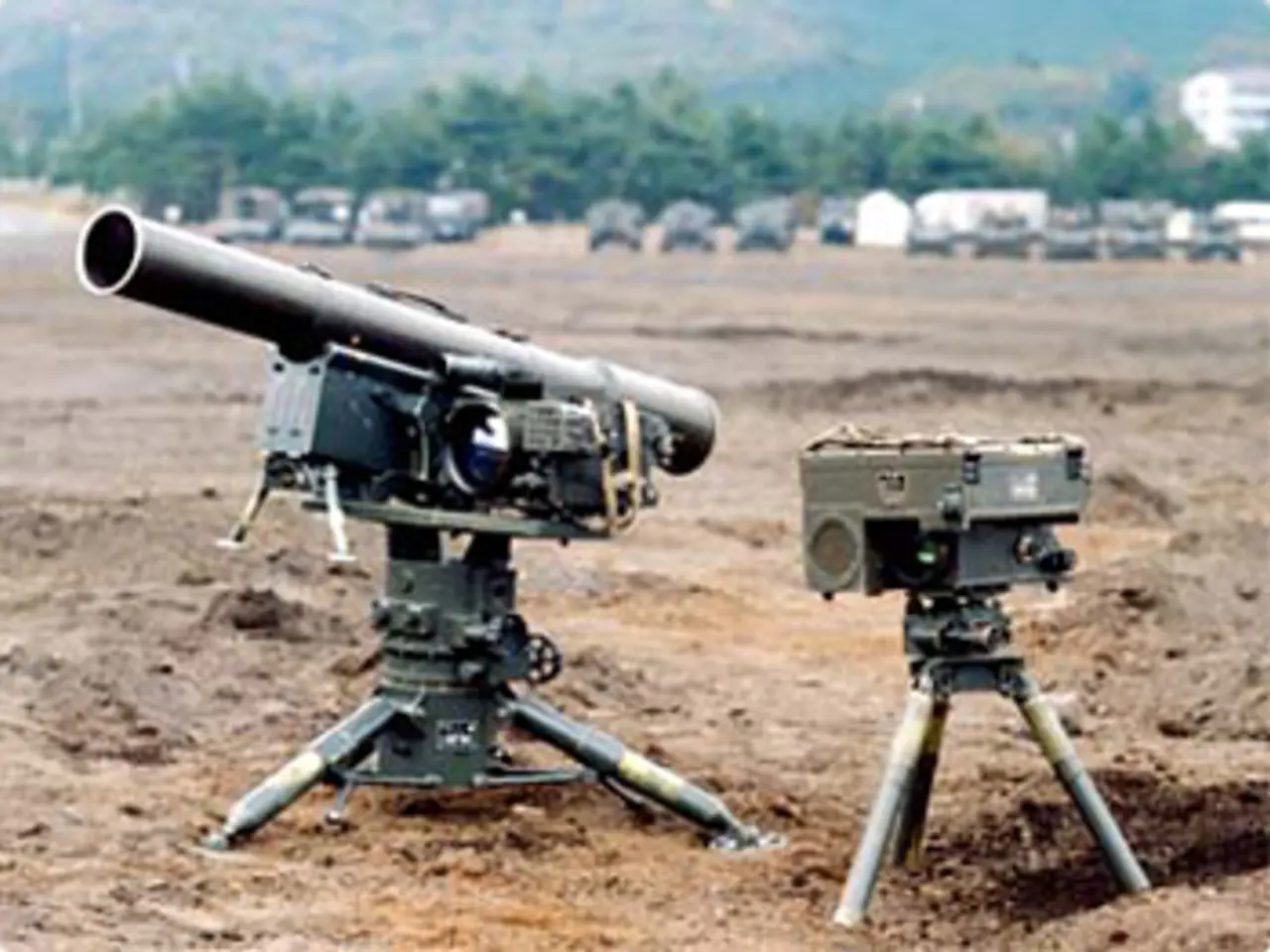Military officials at the Pentagon suspect that Russia has placed a secret weapon in Earth's orbit.
The space race between the United States and Russia is heating up once again, with increasing concerns over Russia's development and deployment of satellites with potential offensive capabilities. The latest incident involves the Russian Kosmos-2558 satellite, which raised alarms in Washington after an object separated near a US reconnaissance satellite.
This close encounter is part of a broader pattern where Russia has been deploying a shadow fleet of "inspector satellites." These satellites can approach, track, and potentially interfere with other satellites, raising questions about compliance with the 1967 Outer Space Treaty, which prohibits harmful interference with space objects.
Russia has been evasive about these allegations, with Deputy Foreign Minister Sergei Ryabkov dodging the issue of US accusations regarding the Russian space program. However, he did mention devices aimed at strengthening Russian defense capability.
The US Space Force has denounced a satellite project by Russia, citing potential intentional collisions between satellites. The use of anti-satellite weapons and potential nuclear space weapons by Russia is a significant concern for the United States, as such weapons would contradict the Outer Space Treaty, which prohibits the deployment of nuclear weapons or any other type of weapon of mass destruction in outer space.
While Russia officially maintains these are routine military payloads, US and international observers view these increasingly aggressive activities as part of a strategy to challenge US space superiority and exert control over critical orbital infrastructure.
In response to the perceived Russian threat and broader space competition, the US is fast-tracking ambitious projects such as building a nuclear reactor on the Moon to power future bases. This underscores the strategic significance of space dominance and the increasing militarization of orbital and lunar space.
In conclusion, Russia is actively deploying satellites with capabilities that appear to include offensive anti-satellite measures, raising US concerns about treaty violations and space weaponization. Meanwhile, the US is accelerating its own space military and technological initiatives as part of this renewed space rivalry. This escalating competition in space is a cause for concern, as it could lead to a new arms race in outer space, threatening the peace and security of the entire world.
[1] [Source 1] [2] [Source 2] [3] [Source 3]
- The escalating space competition between the United States and Russia, driven by concerns over offensive satellite technology, has led to increased debate about the role of science in maintaining health and environmental sustainability, as well as the management of global finance.
- The development and deployment of space-and-astronomy technology, including satellites, by both superpowers, is raising questions about their commitment to the principles of the 1967 Outer Space Treaty.
- Amid the growing tension, advancements in technology, particularly in the field of space and defense, are expected to play a significant role in determining financial investments and national strategies, influencing the balance of power in the 21st century.




